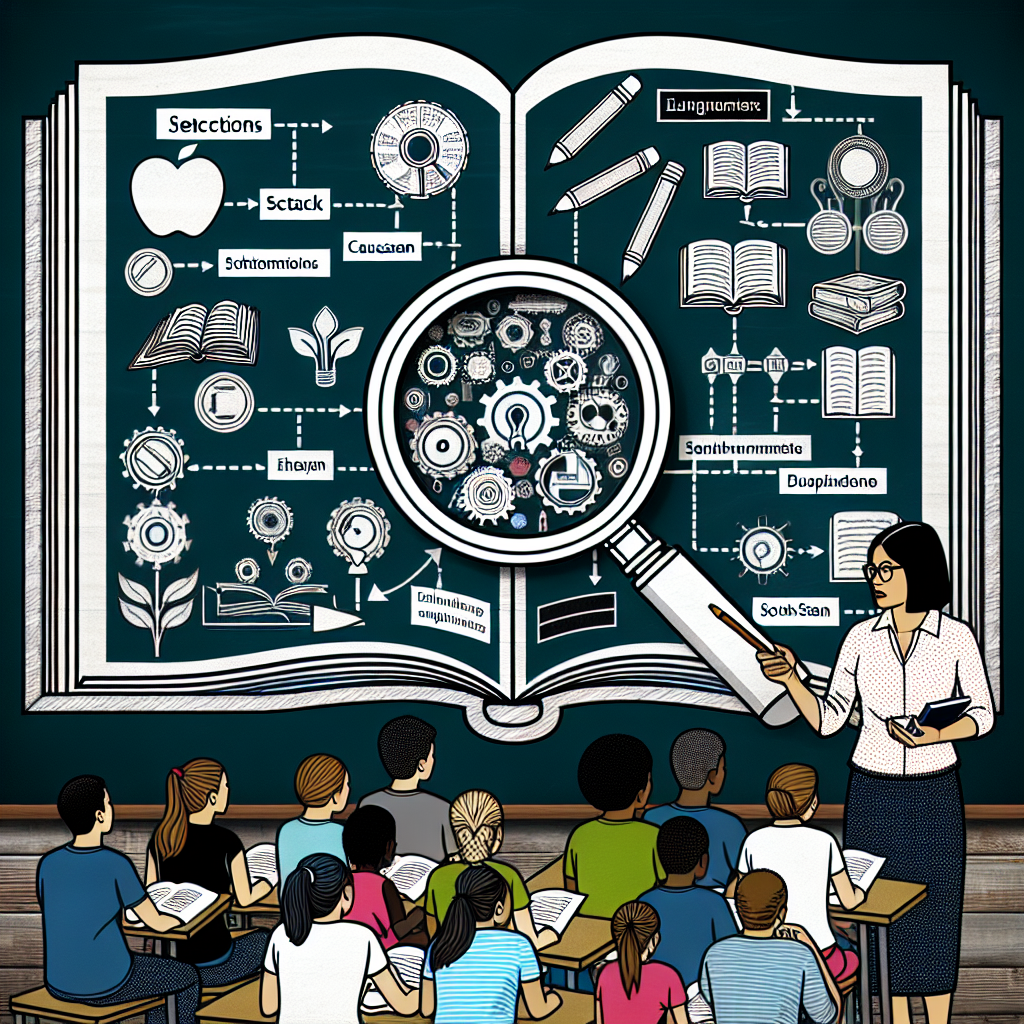The coalition government is implementing targeted literacy support to accelerate learning for students who struggle with reading. From Term 1 of 2025, $33 million currently allocated for Reading Recovery and Early Literacy Support will be redirected to interventions aligned with structured approaches to teaching.
"Structured literacy will transform the way children learn to read, laying the foundation for future success," said Education Minister Erica Stanford. "However, some students will need additional support to progress, and we are equipping teachers with the tools to confidently meet those needs."
Starting in September, schools will be able to apply for additional staffing resources for structured literacy in Years 0-2. This will allow for targeted teaching for students who require extra help, ensuring continued curriculum access.
Minister Stanford acknowledged the decades of service by Reading Recovery teachers and encouraged them to transition into supporting learners within the structured literacy framework. Redirecting funding to structured literacy will enhance support for more students.
Additionally, current literacy supports for Years 3-8 will be updated to align with the new curriculum and made available in te reo Māori.
"These changes, alongside the new curriculum, phonics checks, and regular assessments set to begin early next year, will help identify students in need of assistance and provide timely, tailored support. As these practices become embedded, we expect to see more confident learners and fewer students requiring additional help," Stanford concluded.











